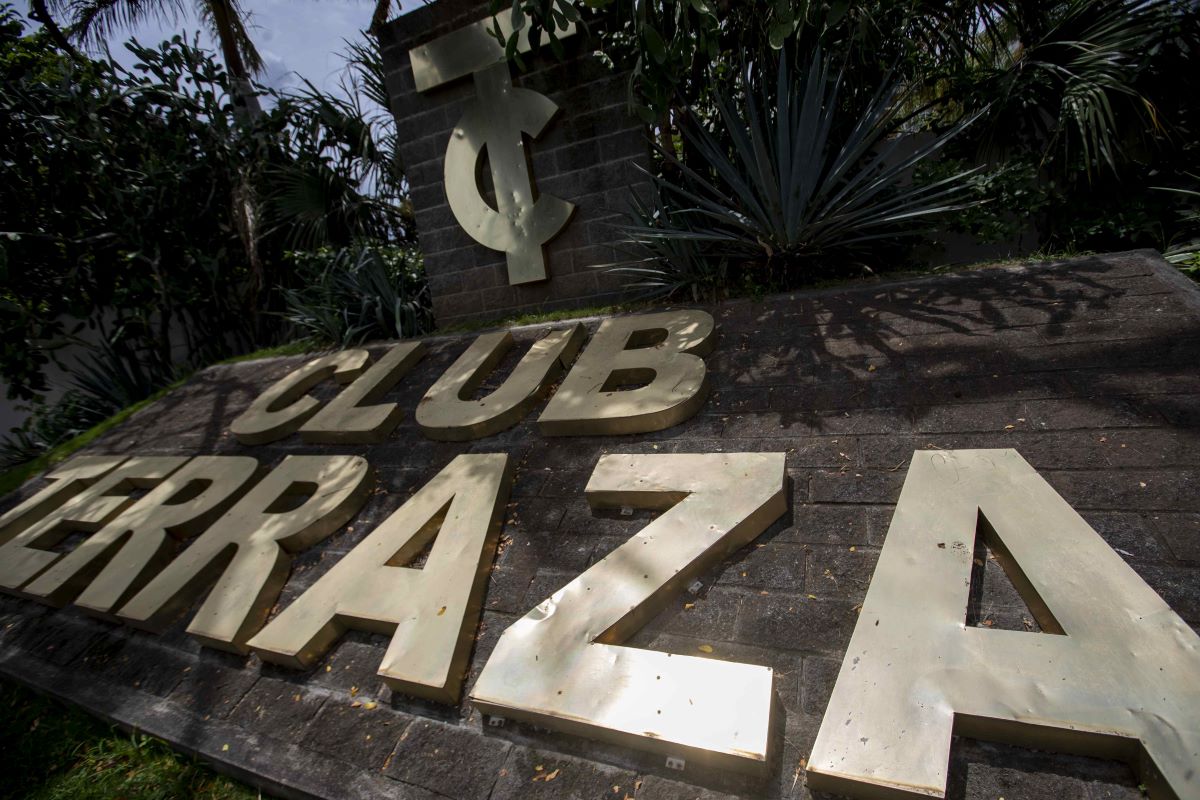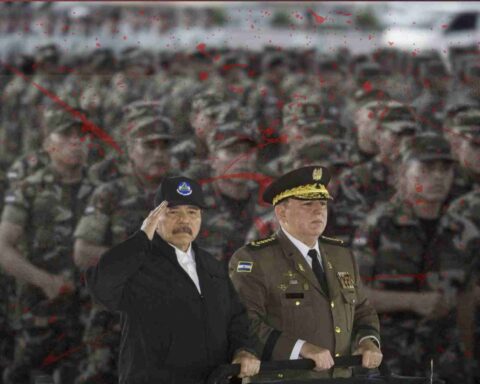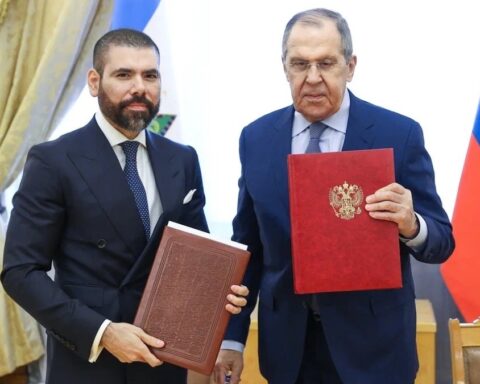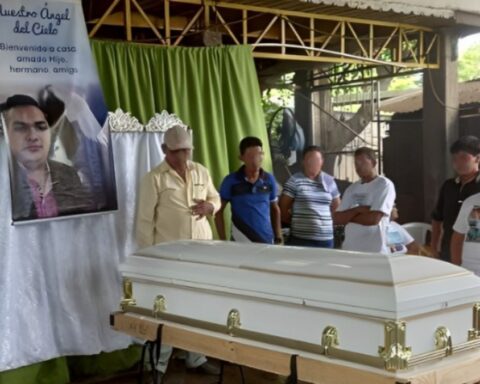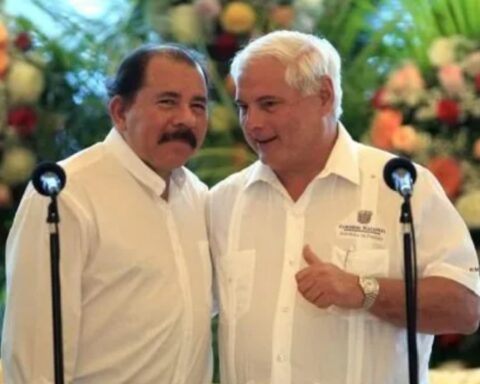The National Assembly (Parliament) of Nicaragua, controlled by the Sandinistas, canceled this Tuesday the legal personality of the Nicaraguan Spanish Association, known as Casa España, and four other similar clubs, although it authorized them to continue operating as a commercial legal regime and not as NGO.
With 77 votes in favor, 11 abstentions and three absentees, of the 91 legislators that make up Parliament, the Sandinista deputies and their allies urgently approved the Special Law to change the Regime of Legal Entities, proposed by the head of Congress, the official Gustavo Porras.
In addition to the Nicaraguan Spanish Association, the Parliament changed the Terraza Club Association, the most select in Nicaragua, from an NGO to a commercial company, of which some of the richest people in the country are members, as well as the Nejapa Country Club Association, owner of one of the most renowned golf courses, the Chinandega Country Club, and the Cocibolca Equestrian Center Association.
Related news: Ortega regime forces five NGOs to establish themselves as a commercial company
The initiative of Porras, who was sanctioned by the European Union for “human rights abuses or violations and the repression of civil society,” was approved two months after the Nicaraguan Spanish Association announced the “temporary closure” of the club, a property located on the outskirts of Managua, according to what he said, by “indications” of the government of President Daniel Ortega.
“PERFORM ACTS OF COMMERCE”
In his law proposal, Porras argued that the club of Spanish citizens residing in Nicaragua “carries out acts of commerce.”
He also explained that 12 days ago the General Law for the Regulation and Control of Non-Profit Organizations entered into force, which redefined the concept of NGOs, in which the five clubs annulled as non-profit organizations no longer fit because in “whose economic activity carry out acts of commerce”.
“The transfer of the legal regime consists in the fact that the commercial companies created will be successors without a solution of continuity of the canceled legal persons, thus guaranteeing the continuity of the economic activity of each of the companies, if so arranged by their partners” , according to the initiative.
Related news: Ortega steamroller will transfer five NGOs to a mercantile regime
The approval of this new law occurs in the midst of the sociopolitical crisis that the country has been experiencing since April 2018, when a popular revolt broke out that President Ortega describes as an attempted coup.
The change of regime to the Nicaraguan Spanish Association, founded in 1969 by Spanish citizens, as well as that of the other four associations, also occurs in the midst of the illegalization of 187 local NGOs since December 2018.
NGOs IN THE GOVERNMENT’S SIGHTS
That same crisis has caused friction between the governments of Nicaragua and Spain, which last August called its ambassador in Managua, María del Mar Fernández-Palacios, for consultations, after what it considered “serious and unfounded accusations” from the Nicaraguan Foreign Ministry, which accused the European country of “meddling” in internal affairs, referring to human rights issues.
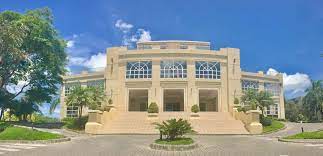
According to the Government of Nicaragua, NGOs have failed to comply with the laws on the matter, which has been rejected by those affected, among which are associations that defend human rights, medical, feminist, educational, universities, environmentalists, indigenous, of journalists and think tanks, among others.
The office of the United Nations High Commissioner for Human Rights (Acnudh) has criticized the outlawing of these NGOs.
Nicaragua has been going through a political and social crisis since April 2018, which was accentuated after the controversial general elections on November 7, in which Ortega was re-elected for a fifth term, fourth consecutive and second along with his wife, Rosario Murillo, as vice president, with her main contenders in prison.

